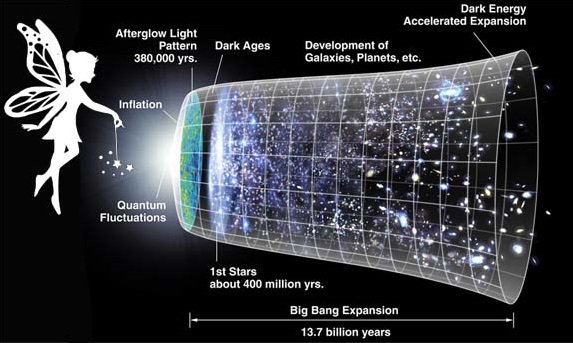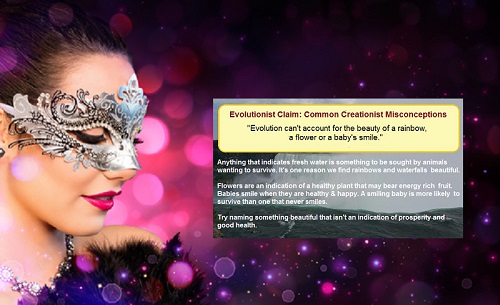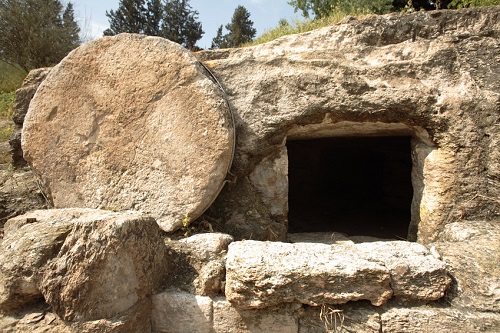What happens when you mix a lie with the truth? Do you wind up with a true statement, or a false statement? That’s easy. You get a false statement. For example:
The ark was a huge boat that was 450 feet long. (True – Gen 6:15)
The ark could fly. (False)
Combined:
The ark was a huge boat that was 450 feet long that could fly. (False)
The final statement is clearly false. Unequivocally false. Either the entire statement is true, or it is false. This mixing of the truth with lies is a favorite tactic of Satan. He used it way back in the garden of Eden on Eve:
“You will not surely die,” the serpent said to the woman.
“For God knows that when you eat of it your eyes will be opened, and you will be like God, knowing good and evil.”
(Gen 3.4-5)
Notice his mixing of truths and lies: Continue Reading







_550.jpg)


